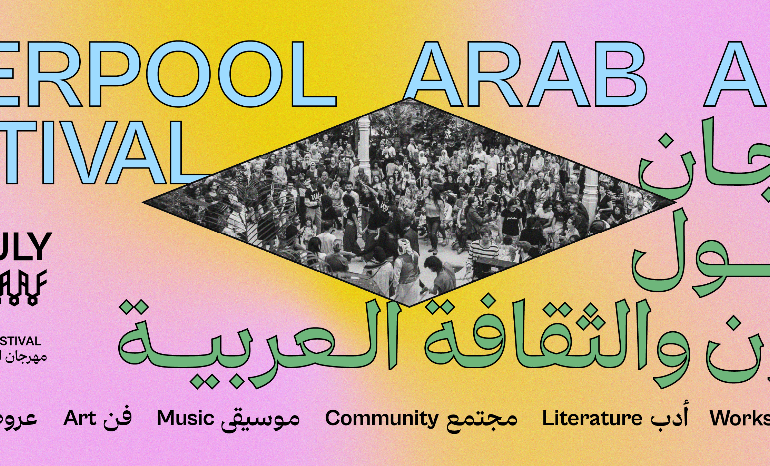Seb Adams is an independent singer-songwriter whose music blends alternative rock, pop-punk, and elements of modern internet culture. With a passion for storytelling and a DIY approach to production, Adams creates music that speaks to the heart and resonates with anyone who’s ever navigated the ups and downs of life. Whether experimenting with different instruments or tackling heavy themes like mental health and personal growth, Adams’s unique sound and vulnerable lyrics have earned him a dedicated fanbase.
How did bands like Guns N’ Roses, Green Day, and more modern acts like twenty one pilots influence your sound on this album?
Guns n’ Roses was one of the first bands I really got into, Slash even inspired me to play guitar. But when I started making my own music, I didn’t want to copy him and even pushed the guitars into the background a lot. On this record, I really embraced the guitar sounds that inspired me again. Especially that famous guitar tone of running hot pickups through a cranked Marshall, which is also how Green Day did it back in the day (before I was born). For the more electronic-inspired parts, I’m influenced by twenty one pilots and retro games like Mario and Pokémon, but it might be a bit more hidden in the mix.
You’ve cited nostalgic movies and video games as inspiration. What do those cultural touchstones mean to you personally?
For me, music is all about storytelling, both in my lyrics and in the sounds. The stories that captivated us as kids shape how we see the world and how we live our lives. I grew up with stories like Harry Potter and The Lion King, and later on started playing video games like Assassin’s Creed and Far Cry, which have phenomenal storytelling.
“Man In The Mirror” tackles addiction and heartbreak — how do you approach writing about such raw topics honestly?
My rule of thumb is: if it makes me cry when I write it, it’s probably a keeper. Which is also what happened with Man In The Mirror. I wrote the song to a close friend of mine, but there’s also a lot in there about myself and my personal struggles with addiction. Sometimes there really is no way around it, so it’s best to face these problems head-on and deal with them. It was rough to play that song live for the first time, knowing the person it was about was in the audience, but it’s moments like these where music speaks louder than words.
Mental health is a recurring theme. How important is it for you to address vulnerability and growth through your music?
It’s so important to talk about this. Being vulnerable and sharing pain is really the whole reason I started writing music. It’s as much an attempt to reassure others as it is an attempt to feel less alone in my struggles myself.
How do you feel nostalgia itself plays a role in shaping identity, both in your album and in life?
There’s something about nostalgia that connects us, whether it’s something specific, like a TV show we used to watch, or something in general, like the nostalgia of coming home after a long day at school. I feel like it reminds us we’re human, where we came from and who we are.
Were there any specific memories or moments from your childhood that you wanted to capture on Bittersweet Nostalgia?
We used to hang out in my bedroom with a lot of friends, playing games like Guitar Hero and Skate. After a while, a lot of us went our own way, and eventually we stopped hanging out altogether. I still talk to some of them, but there’s something bittersweet about it. I love these memories, but I also know we’ll never hang out like that again. I tried to capture these memories in Guitar Hero III.
What role does storytelling play in your songwriting process?
Storytelling is my main priority. I have a pathological need to be understood, so I have a hard time with writing super abstract or meaningless songs. And even if the audience doesn’t know exactly what the song is about, I like to write it in a way that it’s still open to interpretation, even if it’s about something specific to me.
How do you see your music evolving in future projects compared to the themes explored here?
A common theme in my music is self-reflection, figuring out this little thing called life. If I look at it from a musician’s perspective, I’d love to do a full-length concept album someday, which I think is the epitome of musical storytelling.
The album moves between upbeat anthems and intimate ballads — how do you decide the flow and pacing?
At first, I thought I wanted the album to be purely bangers, but when I listened to it, which
songs like Long Gone and Worth Waiting For, I felt like something was missing. As a final touch, I wrote the ballad Won’t You Please Come Back Home, which is a lot more dynamic and has a lot more room to breathe than the other songs. After that song was added to the list, it finally felt like the album was complete.
How do you incorporate your love of internet culture into your music without it feeling gimmicky?
I don’t really mind gimmicks; we even invite the audience on stage to play on plastic guitar controllers during Guitar Hero III in our live sets, but I do tend to stay away from funny lyrics. That gimmicky joke might be funny when you write it, but, in the true spirit of nostalgia, I’d like to look at my own music in 30 years and still be proud of what I made.
INSTAGRAM | TIKTOK | TWITTER | FACEBOOK | WEBSITE | BANDSINTOWN | YOUTUBE | SPOTIFY


